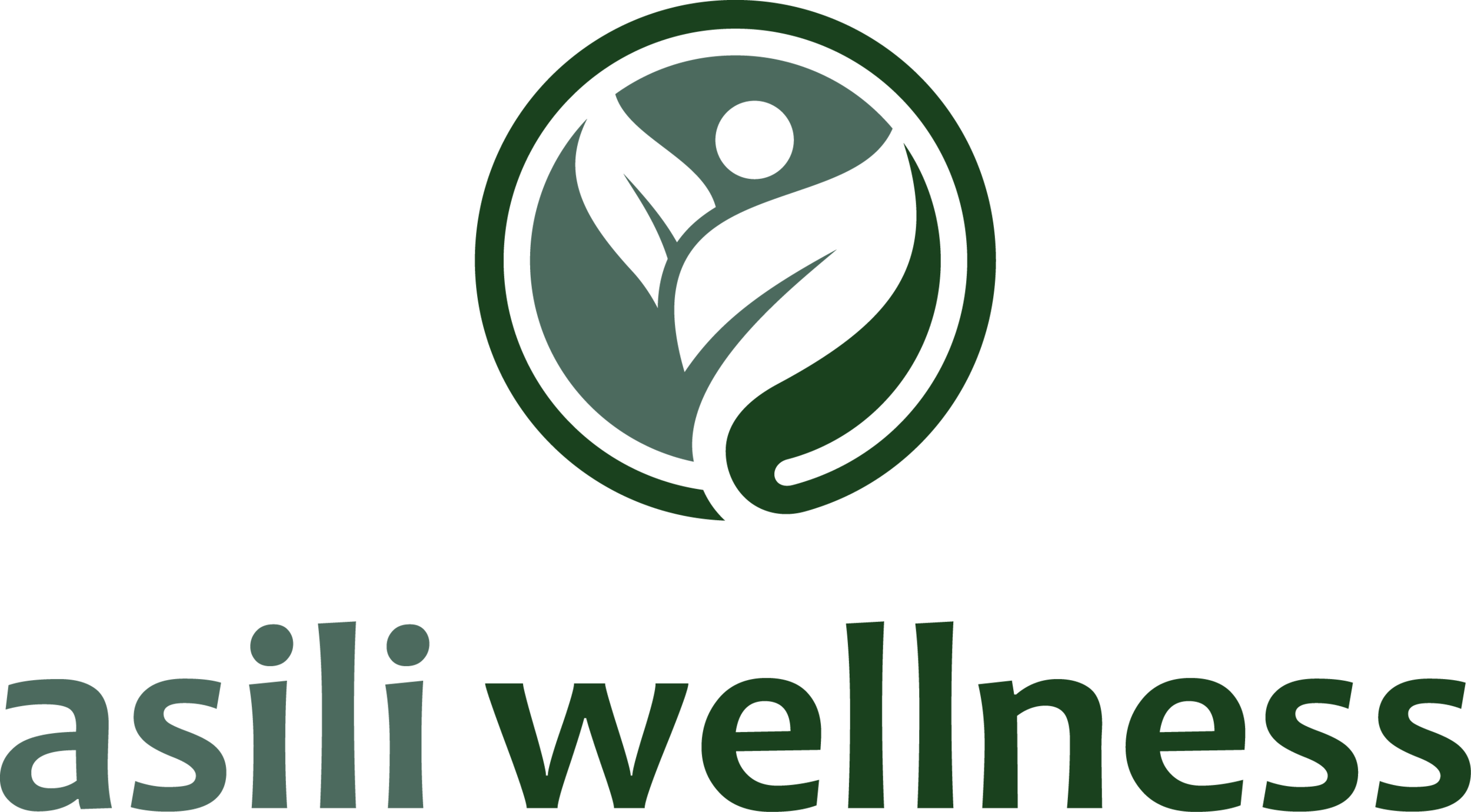Kickstart Your Journey: A Beginner’s Guide to a Whole-Food Plant-Based Diet
Getting started on a Whole-Food, Plant-Based diet can be an exciting journey toward vibrant health and happiness! This way of eating focuses on delicious, unprocessed plant foods that nourish your body and tantalize your taste buds. If you're starting your journey to a plant-based lifestyle and want to know the basics, this beginner's guide is here to help. Let's explore together!
What is a Whole-Food, Plant-Based Diet?
A Whole-Food Plant-Based diet involves minimally processed, whole foods from plants, such as fruits, vegetables, whole grains, beans, nuts, and seeds. While some people associate "plant-based" with veganism, this approach is flexible. You can still include small amounts of animal products like eggs, dairy, and honey, making it adaptable to your needs!
Why Choose a Whole-Food Plant-Based Diet?
Jumping into a Whole Food Plant-Based diet can bring you many fantastic benefits! Not only might you notice improvements in your physical health, like lower blood pressure and a reduced risk of heart disease, but studies also suggest it can boost your mental well-being. Many people experience less anxiety and depression along with improved focus as they care for their mind and body.
This diet is also great for managing weight and is filled with tasty, fiber-rich foods that leave you feeling full and satisfied. By choosing this lifestyle, you're doing your part for the planet, positively impacting greenhouse gas emissions, conserving water, and promoting animal welfare!
Tips for Starting Whole Food Plant-Based Eating
Stepping into the world of Whole Food Plant-Based eating is a delightful adventure! Here are some valuable tips to get you started:
(1) Load up on veggies
Make vegetables and fruits the star of your meals and fill your plate with colorful, nutrient-packed options.
(2) Add tasty plant-based proteins
Beans, lentils, peas, tofu, and tempeh are fantastic for enriching meals, while nuts and seeds provide healthy fats and protein.
(3) Enjoy healthy fats
Avocados, olive oil, nuts, and seeds make meals more enjoyable, help you feel full, and support your health.
(4) Cut back on processed foods and added sugars
Eat whole, naturally low-sugar foods like fruits, veggies, and legumes to maintain good health.
(5) Try whole grains
Quinoa, oats, barley, and brown rice are nutritious and help you feel satisfied for longer.
(6) Explore plant-based milk and cheeses
There is a whole world of delicious non-dairy options. Go ahead and discover new flavors, or make your own at home!
Final Thoughts
Choosing a Whole Food Plant-Based diet is a fantastic step toward better health and happiness! It does take a little commitment and a spark of curiosity to embrace it entirely, but this guide is here to help you understand what it's all about. Dive deeper into your research, and let your food choices lead you to a thriving and healthier life. Enjoy the journey!
Adopting a plant-based diet is a life-changing decision that can completely transform our bodies and enhance our mental well-being. Join us on a voyage with Naturally Nourished to uncover the secrets of creating harmony through food and learn how to turn simple ingredients into revitalizing, health-boosting dishes.
Explore Yoga + Talk Therapy
Shop Products
Join Thrive
thrive is a complimentary resource with fresh goodies each month intended to help you create a healthier lifestyle mentally, physically, and emotionally.
Call, email, follow, or shop today to start your journey!
Peace + Wellness, Dr. Nicole












